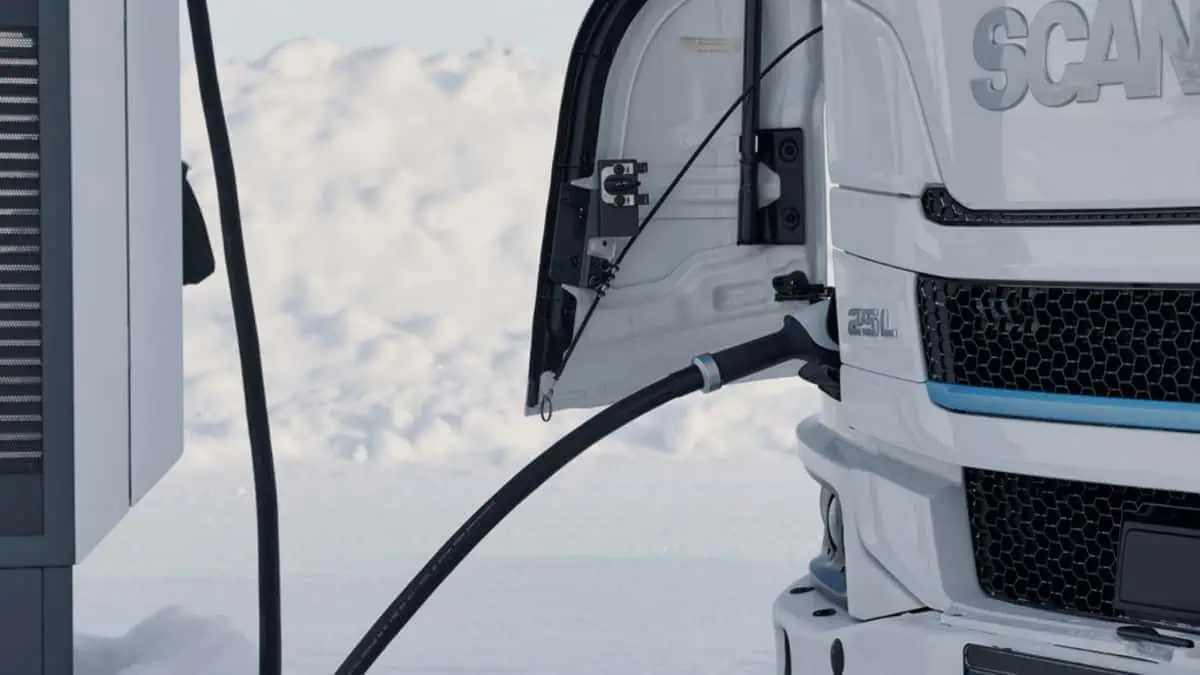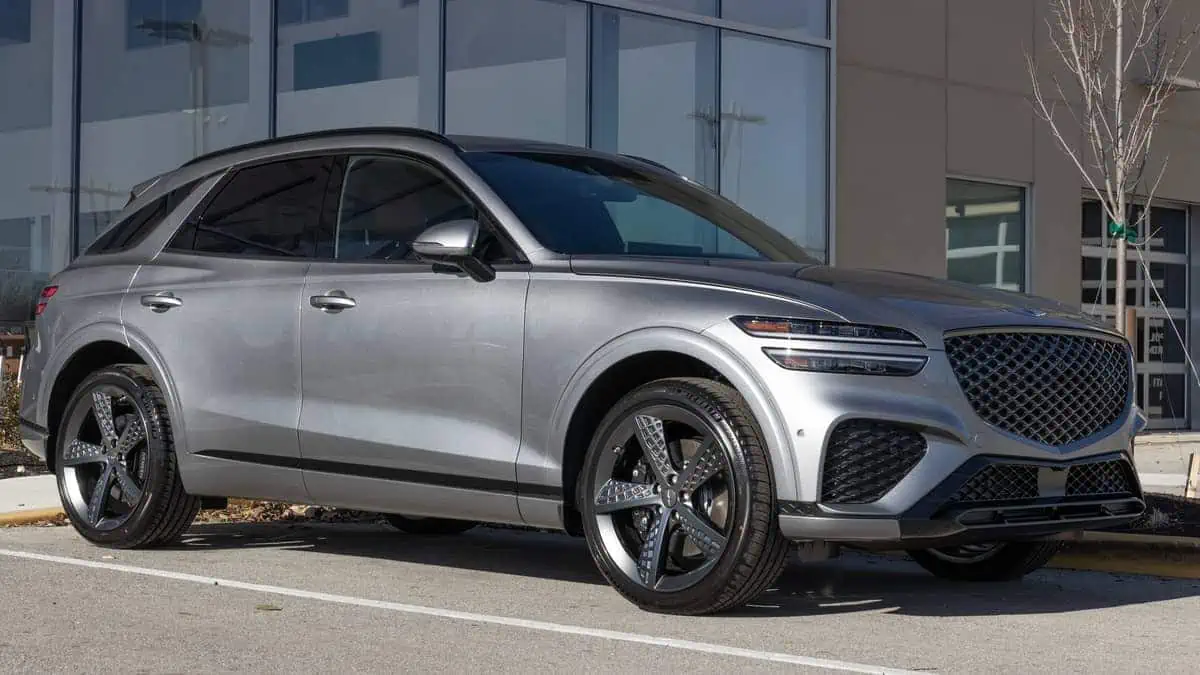The electric truck industry still has some ground to make up. Still, manufacturers of trucks are getting closer to competing with diesel fuel on an equal footing with battery-electric power.
At 360 tons, the ultra-class dumper known as the “Beast of Belarus” is said to be the giant truck in the world (about 326 metric tonnes). It can reach 800 tons when completely loaded. Still, it consumes 1,300 liters (approximately 343 gallons) of diesel fuel for every 60 miles it travels.
The largest electric truck on the market does not quite reach that benchmark, but it is very close.
Additionally, the company is very enthusiastic about regenerative braking. Depending on the conditions, regenerative braking would make it possible for an electric truck to recharge partially or entirely while moving, increasing the likelihood that it would exceed the 240-tonne threshold.
Norway’s largest electric truck
Even though the new electric truck from Scania is much smaller, it has the potential to impact the movement toward electrification significantly.
The company has formed itself as a leader in the field of electrification in Norway, where it currently has more than one hundred electric trucks operating.
The new model is an improvement over the previous one. The information provided by Scania indicates that it is the first of its kind and that it is still operating in a semi-stealth mode.
“The truck, a P 45 with three axles and 300 kWh battery capacity, is part of Scania’s Pilot Partner program — a collaboration with selected customers on electric transport solutions not yet introduced on the market.
Scania already has a number of heavy vehicles with different development solutions ongoing, but this is the first one we are putting into operation in Norway.”
Scania’s Pilot Partner director, Tony Sandberg
According to Scania’s specifications, the new electric truck has a total weight of 31 tonnes, a gross technical weight of 74 tonnes, and an indicated gross weight of 66 tonnes for the pilot test.
The truck will be used at the Verdalskalk limestone quarry in Verdal, which is located in Norway. Along a route of 20 kilometers leading to a nearby port, it is anticipated that it will transport approximately 120,000 tons of stone in an emission-free manner each year. At the port facility operated by Verdalskalk, the truck will be serviced and given a charge.
Mack will produce more electric trucks
The legendary US truck manufacturer Mack Trucks (part of Volvo Group since 2000) launched its first medium-duty electric truck, the Mack® MD Electric, last week.
Mack’s new MD Electric is significant. Regenerative braking works well with frequent stops in Class 8 urban waste hauling, so the company has focused its electrification efforts there.
CleanTechnica reports that the new MD Electric is a customizable Class 6-7 that can navigate city streets and open roads.
Last fall, Mack announced a partnership with Pilot Company to deploy EV charging stations at Pilot and Flying J travel centers across North America.
The MD Electric will not replace Mack’s diesel-powered Class 6-7 MD truck, which was introduced in 2020.
Mack expects that the diesel version’s immediate success will help build brand image and urge truck customers to embrace its electric counterpart when it becomes accessible, which is expected to happen soon.
Mack intends to produce the new electric truck at its Roanoke Valley Operations facility in Virginia, where the diesel MD is also produced.
“Building on the success of the diesel-powered Mack MD Series, the Mack MD Electric will help our customers meet their sustainability goals without sacrificing the durability, reliability, and total cost of ownership for which Mack is known.”
Jonathan Randall, president of Mack Trucks North America
MD Electric’s regenerative braking system
Whether you believe in sustainability or not, MD Electric’s regenerative braking system could tip the scales in favor of truck customers who want to spend less on fuel.
Governor Youngkin has joined the anti-ESG (environment, social, and governance) investing movement, which is somewhat ironic given that he’s the former co-head of the ESG cheerleader and the world’s leading investment firm Carlyle Group.
“While sustainable growth looks different for each company, one thing remains the same — management teams that integrate ESG factors with rigor and nuance build businesses that create more sustainable long-term value.”
Carlyle Group
Youngkin also opposed a Virginia Ford EV battery factory, which Michigan bought last month. Even though CATL would not be present at the factory, Youngkin blamed Ford’s relationship with CATL.
Despite the governor’s protests, CATL may still operate in Virginia. Mack says MD Electric will use nickel-manganese-cobalt (NMC) li-ion batteries. Ford’s new Michigan plant will use CATL’s technical assistance to make NMC batteries and the new LFP formula.






